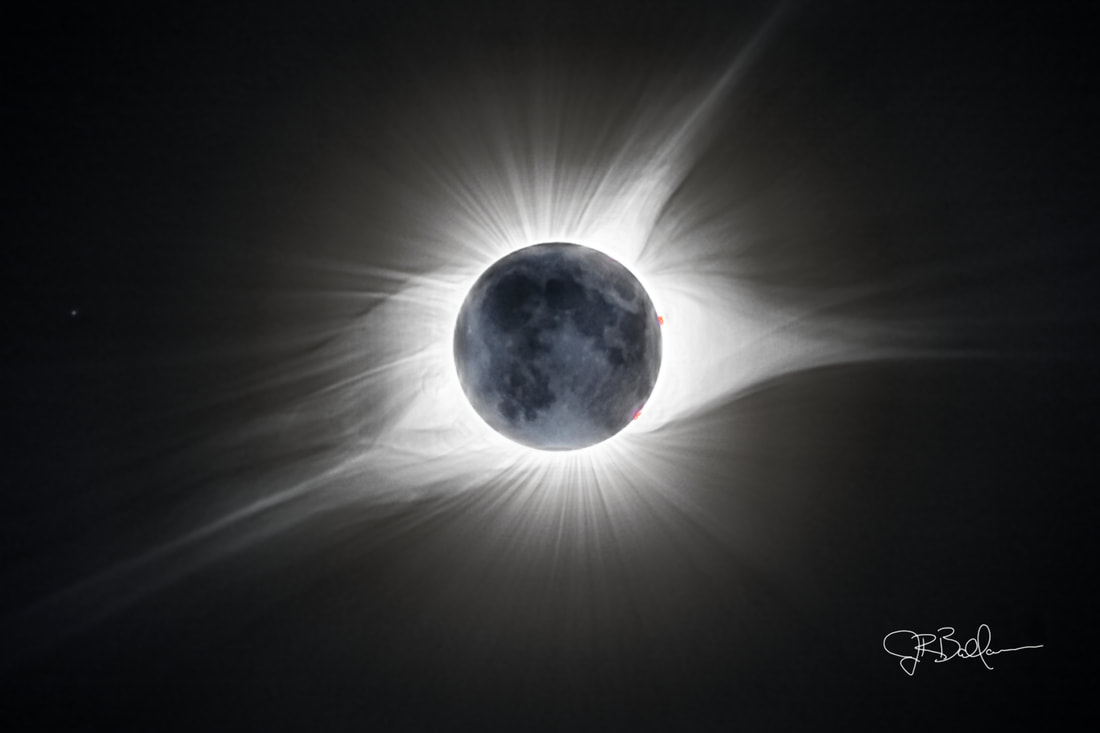On April 8th, 2024, a stunning total eclipse will occur. A total solar eclipse occurs when the moon completely blocks out the sun, causing the sky to darken. Total solar eclipses are rarer than partial solar eclipses, which only cover a part of the sun. The eclipse’s path crosses directly over Mansfield, including the line of totality, a strip of land where the total eclipse can be fully observed. While MISD is not canceling school on April 8th, students will be provided with eclipse glasses and will be allowed to leave the building to view the eclipse.
A solar eclipse is a spectacle to behold, and it is widely agreed upon that a total one is even more stunning. Jay Ballauer, calculus teacher, finds that total solar eclipses are almost addicting to witness.
“When you see the first one you’ve ever seen, it makes you want to see all of them because it’s one of the most special things you’ll ever see in life. It’s one of nature’s finest displays,” said Ballauer.
However, some students and staff members of the MISD are upset due to the district refusing to cancel school on the eclipse day. Astronomy teacher Cody Cawvey wishes people in the MISD had April 8th off.
“A lot of our neighboring school districts have decided to cancel school. Half of them are having these cool festivals and fairs where you can go play games and listen to live music where everything is eclipse-themed,” said Cawvey. “I wish Mansfield would have done something like that because it’s not like us missing this one day of school would cause us to have a lesser education. This is just a once-in-a-lifetime thing, and I think Mansfield is kind of missing out if they don’t, you know, celebrate a little bit more.”
Many astronomy photographers, including Ballauer, are excited to capture the eclipse as a total eclipse is both rare and beautiful. Regular people can also take pictures with a phone camera during totality.
“During the partial phases, you would want to have a properly rated white light filter on your camera, but once totality happens you take all filters off, including the ones on your eyes because otherwise you won’t see anything,” said Ballauer.
A total eclipse happening is an easy way to get students interested in schoolwork. Cawvey believes the eclipse can be applied to more topics than just astronomy.
“We’ve already incorporated the eclipse into our lessons a couple with these little assignments we are doing. They do a write-up to talk about and expand on any branch of the eclipse. Some of them went onto the financial side of the eclipse, like how much revenue it’s going to bring into our town, some went into the eclipse glasses and how they are made and what material they make them out of,” said Cawvey. “I like to give them some freedom to figure out where your interests lie with this eclipse because there’s a lot more than just the eclipse. There’s a lot more going on with that that can possibly pull somebody in.”
Despite this, some teachers will not take their students outside to view the eclipse for longer than necessary. Teachers like Cawvey believe that seeing the eclipse is much more valuable to students than staying inside and learning what was assigned to them.
“If there’s any teacher out there that’s thinking that the eclipse isn’t something that interests them and limiting how much time or exposure their class has to the eclipse because they need to talk about a math model or a scientific theory, I think they’re being short-sighted,” said Cawvey. “They really need to understand this as a once-in-a-lifetime chance for these kids and we shouldn’t just keep them stuck inside for the maximum amount of time. Let’s have a little bit of leeway.”


